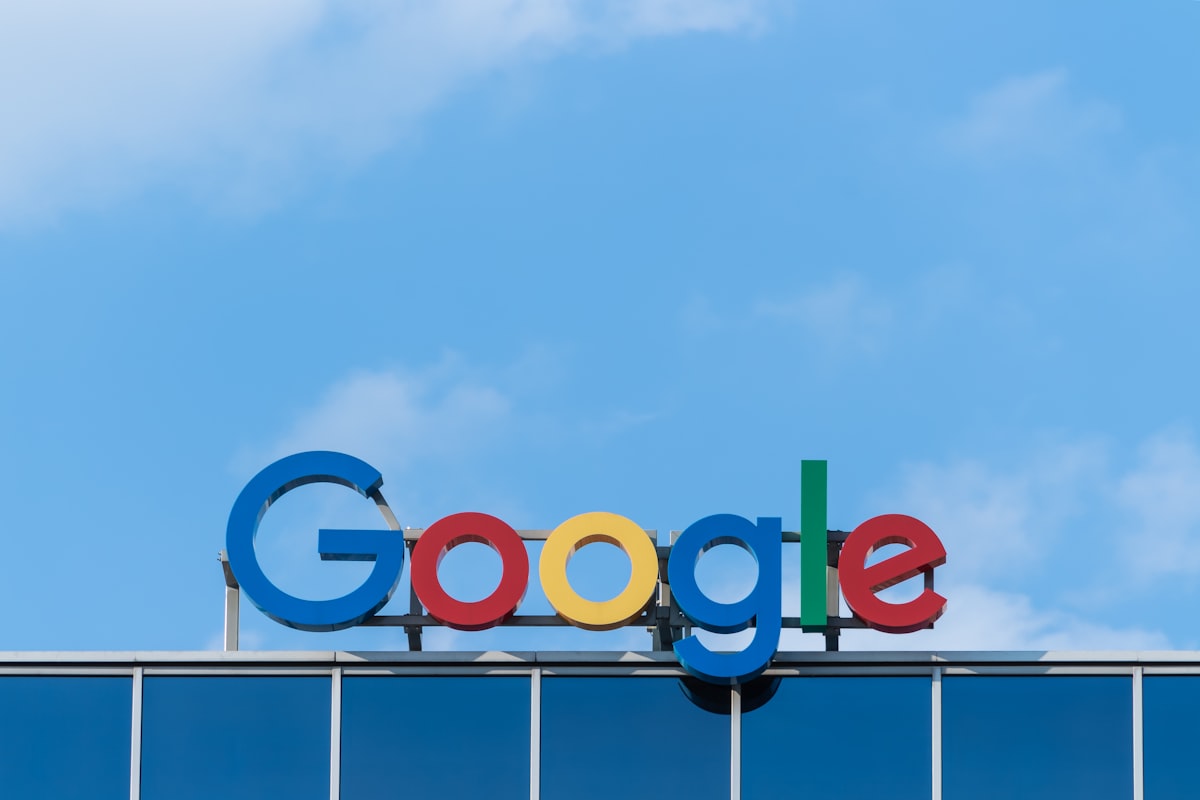Google really is programming our kids

Google found itself embroiled in controversy last week after the company’s Gemini artificial intelligence demonstrated an almost comical adherence to woke ideology. Multiple users found that the AI had a peculiar bias against white people, removing them from almost every historical context.
Gemini repeatedly rendered popes, Vikings, medieval knights, American founding fathers, and even Nazi SS soldiers without including any white people. When asked if whiteness should be eliminated, the AI replied that the situation was “complicated.” When it was asked if blackness should be eliminated, Gemini said the question was “concerning” and “harmful.”
This intense level of ideological malice would be concerning in any institution, but Google is in a unique position of power.
Not only is Google’s search engine the primary portal through which most people interact with the internet, the company has also invested heavily in controlling the flow of information in America’s public schools.
Google isn’t just trying to rewrite history. It is actively working to reprogram the minds of our next generation.
While most conservatives are worried about the level of ideological subversion in Big Tech companies and public education, few understand the degree to which these sectors work hand in hand.
Slaves to Chromebook
Google has labored intensely to make its Chromebook ubiquitous in public schools. At first, the affordable laptop replacement seemed like a great way to expose students to the computer skills that are critical in the modern job market. But the device has now become a mandatory part of the classroom.
Teachers deliver and grade all their assignments through Google Classroom. Students write all their papers through Google Docs and create their presentations in Google Slides. Online worksheets, quiz programs, and educational games are designed to integrate with the Google suite.
I am only a few years removed from teaching in a public school setting, and I can tell you from experience that the level to which students are reliant on the Google search engine is astonishing. Most children have already lost the ability to read a textbook and draw information from it. Students expect to be able to search any question, relying on an algorithm designed by the same people who programed the Gemini AI to deliver answers.
Few schoolchildren even bother to click on the links provided by the search engine, instead taking their information from the summary Google provides at the top of its results. The idea of going to a library and manually investigating primary sources that are not constantly monitored, censored, and altered for wrongthink by a woke megacorporation would be unfathomable to them. Google now controls the entire algorithmic ecosystem through which American schoolchildren learn to gather information or judge its validity.
The problems with Chromebook-based education are obvious, but skeptical teachers and administrators have been brought into line through institutional pressure. Students who are constantly interacting with screens lose or fail to develop basic skills. Handwriting, note-taking, reading comprehension, and memory recall all suffer as children become entirely reliant on technology. Students who can easily switch between dozens of browser tabs at a moment’s notice quickly lose their ability to focus.
I will never forget being told that I needed to pause a video every three minutes because anything longer would tax the attention span of the students. Schoolchildren who submit and store all their work in Google Classroom lose their ability to organize and fail to develop basic skills like holding onto and keeping track of necessary items. There is a whole set of critical life skills that we rarely think about that fail to manifest if every part of the learning experience is digitized.
Feeble protections
The number of distractions and disciplinary issues that arise from constant Chromebook use also have an incredibly deleterious impact on the classroom. Administrators will tell you the Chromebooks are locked down with safety restrictions, but this is an absurd lie. A school full of bored children sitting in front of computers all day can circumvent the best protections faster than any technology specialist can institute them.
The result? Children are often watching movies, playing video games, and listening to music for most of their school day as teachers desperately try to keep them on task. Tragically, students also regularly find ways to take and share inappropriate photos, bully their peers, and access pornography by circumventing the Chromebook’s weak security restrictions.
Teachers who were worried about the outsized dependence on Google or disciplinary issues associated with constant Chromebook usage at least had the option of refusing to make the device central to their instruction. But all of that changed once COVID-19 hit.